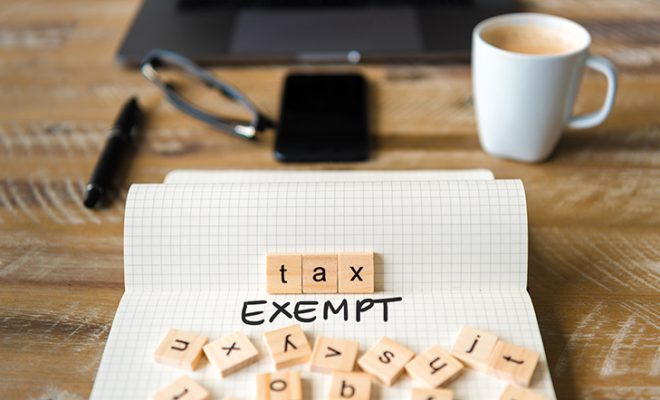How to get rid of Money Anxiety?

Is money anxiety even a thing? Yes, it is!
Money anxiety is something we all have dealt with or are likely to deal with at some point in our life. Sometimes, you may not even know that you are money anxious unless you take note of it. But the good part here is that money anxiety that stems from your financial situation can be dealt with. For this. you must figure out what exactly is causing it and consequently, how you can go about resolving it.
Psychologists and financial experts define money anxiety as “an uneasy and unhealthy attitude toward engaging with and administering personal finances in an effective way.” This can sometimes, however, be confused for generic money stress. Money stress is a rather everyday occurrence. For example, when you stress about how you are going to pay for that fancy fine dinner tonight, it is money stress. But when this stress and anxiety interfere with your daily life over a period of time, that’s when it is termed as money anxiety.
Table of Contents
5 common identified signs of money anxiety
- You stress excessively about spending money. Sometimes you might actually be overspending, but even if that’s not the case, the idea of shedding money is always a source of stress for you.
- You constantly worry about slipping into debt. Debt for many people is a major source of anxiety, and rightly so. But worrying about debt even when it is manageable is an alarming sign here.
- Taking from the first sign, it is not just the idea of spending money that irks you, but also the inability to plan and prioritize your finances. Without a plan in mind, it is natural that you feel your thoughts are cluttered and so are your financial priorities. But when this clutter becomes a constant nagging source of worry, it counts as a sign of money anxiety.
- You hesitate in discussing your finances with someone, be it family or friends. You believe that discussing your funds and finances in open will make you look financially weak and thus, you refrain from it.
- You overwork and underspend. The fear of not earning and saving enough to reach your goals is a constant source of stress.
Once you identify these signs, you must change the way you spend and save, and more importantly, the way you understand your financial standing.
Now that you know what money anxiety is, let us understand how you can deal with it.
4 basic steps to deal with money anxiety
1. Pay attention to its signs and acknowledge its presence
Be it a medical, psychological or a financial problem, the first step of fixing anything is always understanding the problem (here, money anxiety) and identifying the causes of the same. While this introspection can be stressful in itself, you need to tell yourself that it is the only thing that will get you out of anxiety.
2. Plan your finances well
After introspecting and understanding where your anxiety is coming from, nail the hammer on the head. Getting a financial plan in place will play a major role in initiating a stress-free state of mind. For most people, the worry stems from the fear of not meeting financial goals. All of this can be avoided by planning your finances.
There are many ways of going about planning. The most basic one includes creating a budget. This would include calculating and adding up all your sources of income and then subtracting all your monthly dues including debt, taxes, EMI(s), etc. Once you have done this, you will get a fair idea of your financial standing.
Allow yourself to invest in healthy and safe luxuries as and when the budget allows. Stringent saving plans might mentally frustrate you.
3. Manage your debt efficiently
As mentioned, most people who are in debt are likely to be suffering from money anxiety. Sometimes, it’s also the fear of getting into debt that causes anxiety. Either way, debt can be avoided with a strong financial plan in place.
The idea is not to get rid of debt the next day, but it is to know that you are making some progress on it by the day. List your debts and prioritise them. Next, set in motion a plan that helps you pay off your debt slowly.
If you are not in debt currently, but fear that you soon will be, planning is the key again. Plan for emergencies by setting up an emergency fund. This way you know that you have secured yourself financially for any emergency that poses a risk of debt.
4. Step Four: Give your mental space a rest
Sometimes, you might be doing everything right and yet feel stressed. That’s because we humans often let our mind give in to worry even when things are fine. It is also likely that you might be feeling lost because you feel you don’t entirely understand where you are headed financially. It is always a good idea to unburden yourself by talking to someone about your financial worries. You can confide in your family, relatives, friends, or even professional financial advisors.
To sum it up
Money and finances are two things that we can never know enough about. Being stressed or anxious about money is normal. Moreover, one can easily get rid of it.
Is your financial state giving you sleepless nights? Approach financial advisors today! Such professionals help you calm the hurricane of money anxiety that you are experiencing.



















